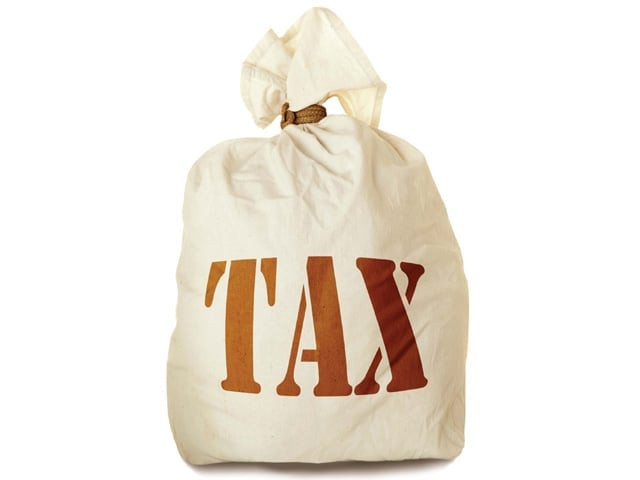Collecting taxes: Have you tried playing nice?
The Federal Board of Revenue has been advised to minimise interaction with them.

As the government struggles to meet its tax collection targets, the World Bank and the United States have suggested a different approach: instead of harassing taxpayers, the Federal Board of Revenue (FBR) has been advised to minimise interaction with them and base tax demands on actual evidence, rather than collection targets.
Against the backdrop of rising complaints about harassment by tax officials, the FBR held a meeting on Monday to decide between two approaches – the first that would continue the current model which ends up making tax payments a pain for the average citizen but suits the civil service’s bureaucratic style, or a different model that may rely on less interaction but, experts say, produces better results.
FBR officials currently send tax notices to companies and individuals based on its own internal parameters without properly going over the records of the taxpayer, said sources. Tax officials then send an audit notice or a tax demand, which creates panic amongst the taxpayers who receive them.
Having those tax demands adjusted to reflect real income as opposed to FBR estimates can be quite a chore, which in turn frustrates and angers the less than 2 per cent of Pakistanis who are registered as active taxpayers.
According to the plan being proposed, the FBR would first analyse all available data, match it with third party records, and find substantive evidence of any potential problems before sending an audit notice. A provisional tax demand, according to the proposal, would also be raised only based on a similar evidence-based procedure.
“There has to be paradigm shift in audit policy. There is no room for harassment of taxpayers due to increasing scrutiny,” said an official of the FBR audit department. He said that provisional tax demands are often raised based on the FBR’s own collection targets rather than any indication of wrongdoing on the part of the taxpayer.
The plan is being pushed by the Competitive Support Fund, a joint venture between the finance ministry and the United States Agency for International Development to help Pakistan’s economy become more competitive.
In terms of ease of paying taxes, Pakistan currently ranks 145th out of a total of 183 countries according to the World Bank’s 2011 Doing Business report.
Many experts see a direct correlation between Pakistan’s high tax evasion rates (the government estimates around 44 per cent of all taxes owed are never paid) and the difficulty in paying taxes.
The World Bank has proposed that the government establish a Central Audit Taskforce to introduce an element of accountability for the field officers who send audit notices to taxpayers. The Inland Revenue Service has backed the proposal.
Published in The Express Tribune, August 21st, 2011.



















COMMENTS
Comments are moderated and generally will be posted if they are on-topic and not abusive.
For more information, please see our Comments FAQ